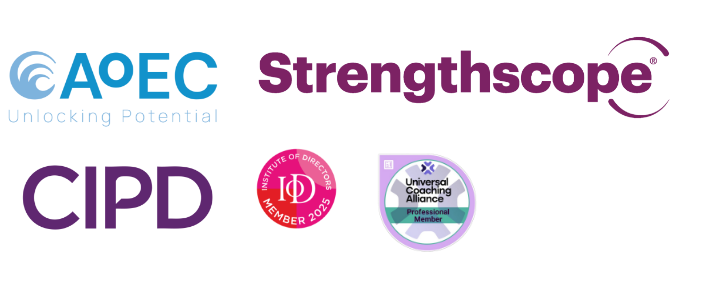
posted 2nd September 2025
It’s common practice: someone performs brilliantly in their role, builds a track record and the natural reward is promotion. They move from being an expert to leading others. The problem is obvious though to anyone who’s lived it. Technical ability and people management are very different skills.
Too often, the shift happens without enough support. A new manager gets the title, the responsibilities and a nod of encouragement: “You’ll be fine, you know what you’re doing.” Good intentions, yes, but belief doesn’t replace preparation.
When Capability Turns Into Pressure
That promotion changes the shape of the job overnight. The manager still has their technical workload, but now they’re also:
- Dealing with performance concerns they’ve never had to raise before.
- Supporting people who were once peers.
- Handling conflict, they don’t yet know how to navigate.
Most won’t admit they’re struggling, because saying so can feel like admitting the promotion was a mistake. Instead, they carry the pressure in silence, second-guess themselves and hope it gets easier. It rarely does. Small issues grow, confidence ebbs and both team and business start to feel the strain.
Why Training Alone Falls Short
Leadership courses help. They give structure, frameworks and shared language. But they don’t prepare someone for the moment a colleague breaks down in their office, or the first time they need to give difficult feedback to a former teammate.
That’s why many organisations now combine training with coaching. Coaching gives managers a private space to talk through what’s really happening. They can rehearse conversations, test ideas and gain perspective before going back into the room. It turns uncertainty into a plan of action.
Coaching Builds Confidence and Prevention
Managers with coaching support:
- Approach their leaders with solutions, not just worries.
- Deal with problems early, rather than letting them slide.
- Build resilience so they can juggle technical work and leadership without burning out.
The preventative aspect matters most. Coaching helps resolve issues before they become formal disputes, cutting down on risk, wasted time and damaged trust.
From Survival to Success
Promotion shouldn’t feel like a test of whether someone sinks or swims. It should be an investment in their potential. That means offering not just a new job title but the tools and support to lead with confidence.
The real question is simple: when you promote someone, are you setting them up to thrive or leaving them to work it out alone?
Reflection
Think back to the last promotion in your business. Did that person get the backing they needed, or were they expected to figure it out by themselves, believing they would be fine? How different would things look if they had a coach by their side?





